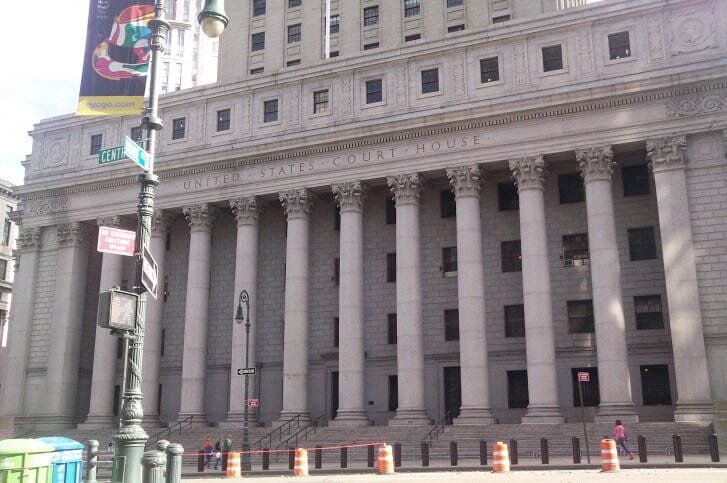Because humans are generally reactionary, sometimes a wake up call is required to grab attention. No matter how you feel about the name Edward Snowden, there is no doubt that his call was received when he went public in 2013. As you probably know, he revealed massive global surveillance programs that were carried out with the cooperation of telecom and tech companies. After drawing quite a bit of criticism, many of these companies began to fight back.
In a landmark data privacy case, the battle lines have been clearly drawn between Microsoft and the Department of Justice. Though the Department of Justice has a warrant ordering Microsoft to turn over emails stored in their Irish data center, Microsoft refuses to comply with it, stating that the emails are held outside of US jurisdiction. Before you pass judgement on Microsoft, this case is not a matter of national security, but in regards a drug investigation.
This case has already proceeded through the lower courts, and they have sided with the federal government. Today, the case with docket number 14-2985-cv is being argued in the second highest court in the land, the US Court of Appeals for the Second Circuit. Unlike some tech companies, Microsoft has the resources to carry the fight all the way to the end. Whether this case is decided today or goes to the US Supreme Court, the case is sure to set a precedent.
Civil liberties and internet-privacy advocates are watching how this case turns out. In a similar case, Apple is being instructed to turn over text messages between two iPhone users. Since Apple started rolling out end-to-end encryption on their devices, the keys are on the devices themselves and unknown to the company. There is no back door key that will unlock email or other communication. Also, both Apple and Google have deployed private-code locking systems that make their smartphones essentially unbreakable, except by the phone’s owner, who sets the code. Simply put, companies can not provide keys if they do not have them.
Much to the chagrin of law enforcement, those kinds of keys cause monitoring of communications to be inaccessible and hamper investigations. However, there are still many other pieces of data that are not encrypted. Agencies that want data will have to obtain it in a way that does not violate the privacy rights of their citizens. Admittedly, it is nice to hear that companies are finally looking out for the privacy of their members instead of being pawns for the government.

